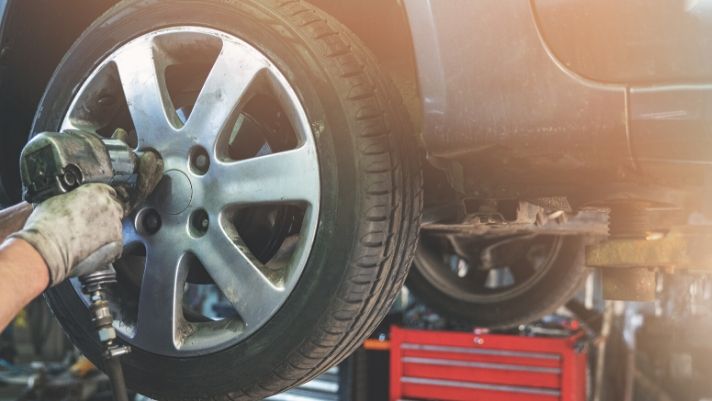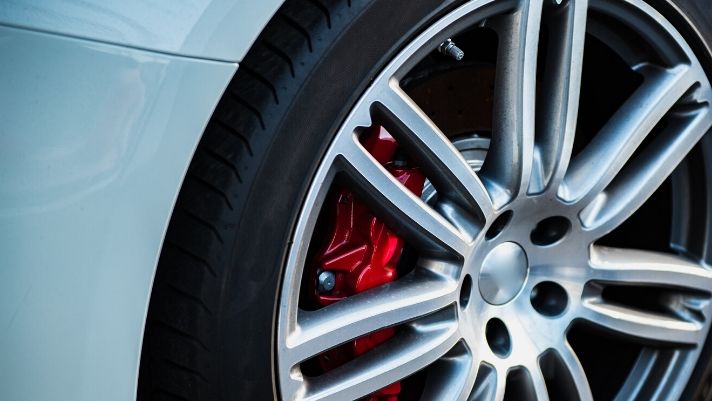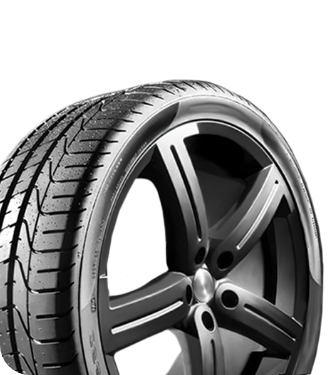

What To Do if Your Alternator Dies While Driving
Misc. |The alternator is crucial to ensuring modern vehicles operate effectively and safely. The last thing any driver wants is for the alternator to die during a trip. Below, we’ll explain the basics of alternators and what you can do if your alternator dies while driving.
What Does the Alternator Do?
First, let’s provide a refresher on car alternators and what they do. The alternator is critical to your vehicle’s electrical system and battery life, which every car needs to run properly.
Modern cars require a lot of electricity to run their electronic systems and keep their batteries generating power. The alternator translates the mechanical energy generated by the car into potential energy for the battery to store—like a charger for your car’s battery. If the alternator is kaput, the battery in the car will soon follow and can stall the car.
Can You Jump-Start a Car With a Bad Alternator?
Since a bad alternator means a dead battery, many drivers will assume the problem is the battery and try to jump-start it. If the alternator is broken, you can still jump-start the car’s battery, but it won’t last long.
Without the alternator to provide energy for the battery to store, the car battery will only last for the few minutes that it’s charged before dying again and stalling the car. While you can jump-start a car with a bad alternator, doing so won’t solve any problems.
Can I Drive With a Bad Alternator?
If your alternator dies while driving, there’s nothing to do except try and maneuver the vehicle off the road as safely and cautiously as possible. If you know your alternator is busted, you shouldn’t drive the vehicle, as it’s likely to die while driving, putting your and other drivers in significant danger on the road.
If your alternator is broken, the best strategy is to call a tow truck and have the component looked at by a professional for repair or replacement. As a tire shop in Corpus Christi, RNR Tire Express offers 24-hour roadside assistance for those in our Road Warrior Program. Ask our team about our assistance program the next time you’re in one of our tire shop locations nationwide.
What Causes an Alternator To Fail?
The most common reason an alternator fails is that it’s simply too old and breaks down. Most alternators last approximately 10 years or 100,000 miles, but cars that reside in harsher climates may expire more quickly. Check your car’s warranty to learn your vehicle’s alternator lifespan.
If the alternator is busted, the most common cause is a broken fuse. If a vehicle experiences a power surge, it could blow the alternator’s fuse, which the car uses to keep the alternator functional. When inspecting your car’s battery, look at the alternator and its fuses for any noticeable signs of distress or wear and tear.





